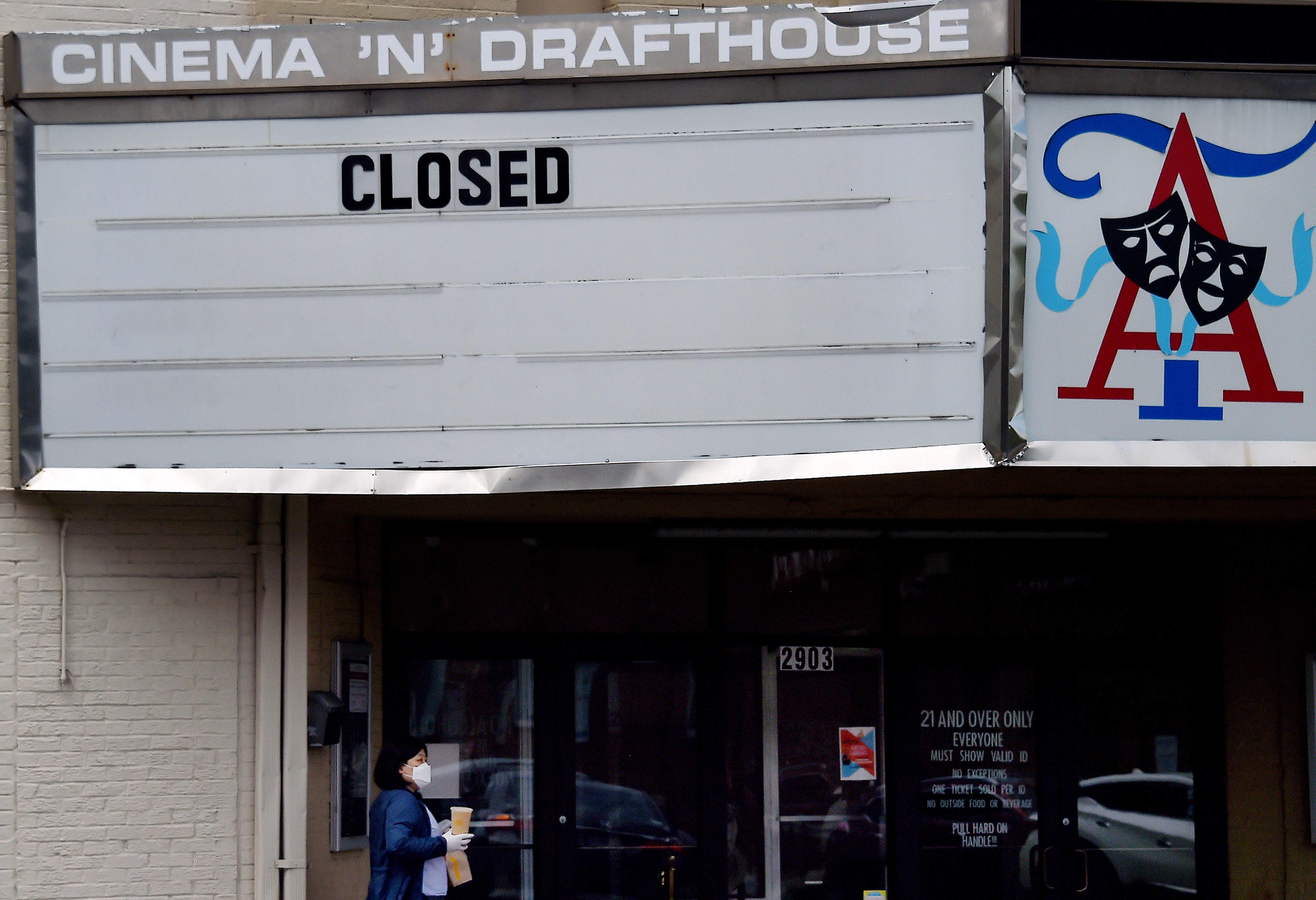One look at the numbers, and the problem is clear.
U.S. businesses are losing an estimated $1 trillion a month as businesses are disrupted due to the coronavirus pandemic, according to estimates by the American Property Casualty Insurance Association. Yet, insurers collect only $4.5 billion a month for all commercial property policies.
This month, the groups representing the underwriters, the brokers and the agents are lobbying members of the House Financial Services Committee on a proposal to provide a type of pandemic coverage for the future.
The proposed Business Continuity Protection Program or BCPP would offer, in part, government-subsidized revenue replacement and protection for up to 80% of specific losses, like payroll expense or operational losses for up to three months.
The program would function something like the Federal Flood Insurance Program – with the government as the underwriter and insurers administering the policies.
Congresswoman Carolyn Maloney (D-N.Y.) has introduced legislation to create a Pandemic Risk Reinsurance Program. It would allow insurers to decide whether to participate and permit businesses to decide whether to purchase a policy.
It is “a bailout program masquerading as insurance,” said research firm Dowling & Partners in its publication IBNR Weekly. The authors said that the role for the insurance industry as written “does not square with the fundamental notion that pandemics are not insurable risks.”
Global pandemic risk, and the massive economic impact including business interruption losses that result from such an event, are not insurable by the private sector without significant government support.
Sean Ringsted
Chief risk officer, Chubb
That’s one area where the industry seems to find common ground.
In an email to CNBC, Sean Ringsted, Chubb’s chief risk officer and chief digital officer, wrote: “Global pandemic risk, and the massive economic impact including business interruption losses that result from such an event, are not insurable by the private sector without significant government support. “
The insurance giant has proposed its own Pandemic Business Interruption program, with a two-tiered approach to accommodate small and large businesses. It would force insurers who serve small businesses to participate, but participation by medium and large businesses would be voluntary.
Medium and large businesses would pay a “risk-appropriate premium” with policies limited to three months of expense to a maximum of $50 million, and it would not cover lost profit.
For small businesses, the coverage would pay for three months of payroll plus operating costs in some cases. Small businesses that forgo the coverage would not receive any government assistance in the event of a pandemic.
But Chubb’s proposal would exclude recurrence of Covid-19 infections, something the BCPP covers.
What’s clear is that coronavirus has been a wake-up call for the insurance industry, which finds itself on the defense where business interruption claims are concerned.
A woman wearing a face mask walks past the closed Arlington Cinema and Drafthouse movie theater amid the coronavirus pandemic on May 14, 2020 in Arlington, Virginia.
Photo by OLIVIER DOULIERY/AFP via Getty Images
Coast to coast, lawsuits are being filed, by sports team, restaurateurs, casinos and law firms themselves over insurers denying business disruption claims. The insurers argue physical damage to property is required to trigger this coverage.
In some suits, the plaintiffs argue that the virus itself is the damage, by sticking to a surface. In other suits, including those where the policies include a specific exclusion for virus or bacteria, the plaintiffs argue the civil orders to shutdown businesses trigger the “all risks” coverage, essentially blaming the government order, not the virus.
As legislators in multiple states ponder laws that would force insurers to pay out on business disruption claims, the insurers themselves are looking at the pot of money they use to pay out on catastrophe claims – altogether about $800 billion dollars – and warning lawmakers and their customers — it won’t last long if they’re forced to pay on business disruption claims.
